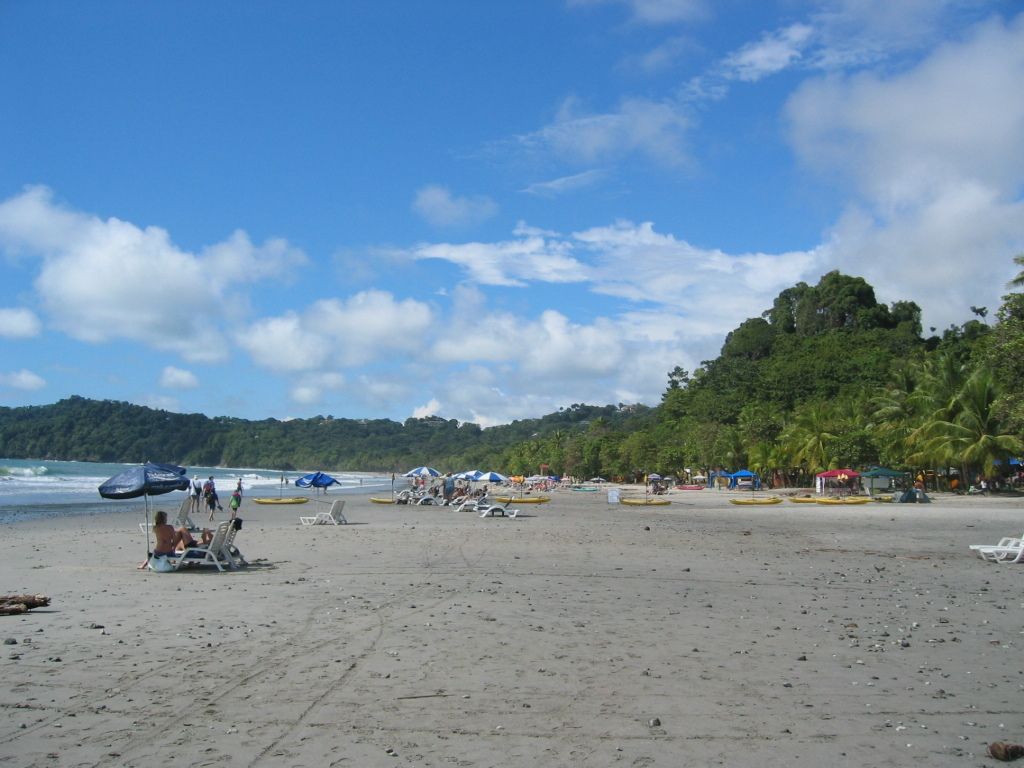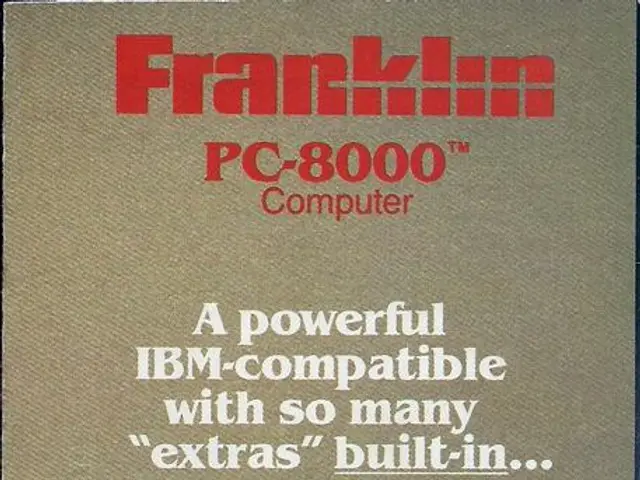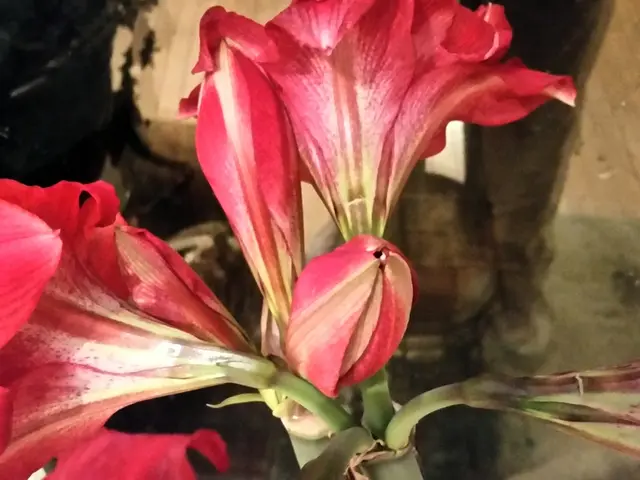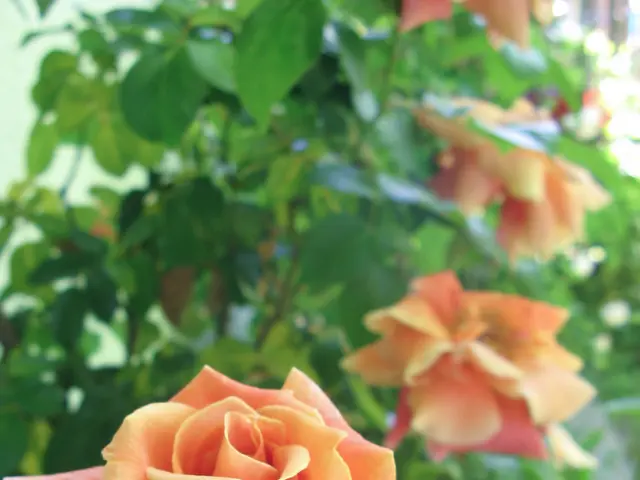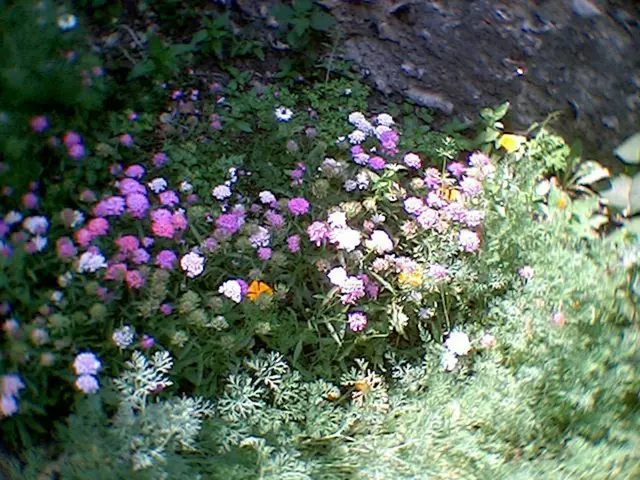Urban Gardeners Unite: Connecting City Dwellers with Spaces to Cultivate Their Own Produce
How can cities transform underused spaces into verdant gardens for urban agriculture? Enter AllotMe - the Airbnb for gardens!
City dwellers often compromise space for convenience or prime locations, including coveted green areas that gained new significance during the COVID-19 pandemic. Yet, many homeowners with backyards or gardening spaces might not have the time or enthusiasm to maintain them. Cue AllotMe.
This innovative platform bridges that gap, matching ambitious gardeners with owners renting out underutilized garden spaces for growing fruits, veggies, and more. Listings range from small balconies to large gardens and greenhouses. Gardeners can rent plots for amounts ranging from 5 to 100 pounds per month, with many offering spaces for free.
Launched in London in May 2021, AllotMe now extends across the UK with new listings posted daily. Founder Conor Gallagher attributes the platform's popularity to increased gardening interest among younger generations and growing awareness about issues like sustainability, self-sufficiency, mental health, and physical wellbeing. Yet, AllotMe's growth goes beyond mere economic transactions; it fosters genuine friendships between gardeners and hosts, centered on shared food and reconnection with nature.
For instance, Rosa Mechoni, a gardener, and Helen Webster, a property owner in London, formed a bond after a personal tragedy. Their relationship goes beyond their gardening plot, offering emotional support in their time of grief. This connection between gardeners and hosts transcends the transactional, evolving into heartwarming friendships.
Digging into the Roots of AllotMe
AllotMe's name takes inspiration from the ubiquitous allotment gardens in the UK, where individuals grow their food at a low cost. Allotments have a rich history, originating during industrialization to provide small pockets of arable land for city-dwellers from rural areas. During World War II, the number of allotments soared as the 'Dig for Victory' campaign encouraged the transformation of urban spaces into productive gardens.
However, the number of allotments has since decreased due to land speculation and pressure from developers. Conor Gallagher, who relocated from Belfast, Northern Ireland, faced extensive waiting periods for obtaining an allotment, sparking the idea of using unclaimed property for urban gardening. Conor believes the outdated bureaucracy surrounding allotments is a significant obstacle to accessibility, with limited information and complex application processes hindering the process.
Plotting the Future
Conor's journey from concept to reality required significant research, community outreach, and persistence. After identifying the challenges faced by allotment associations and urban gardeners, he developed AllotMe to streamline the process and address the issue of limited land supply. Today, the platform boasts a variety of spaces, from churches to schools, transforming underused resources into verdant oases for urban agriculture and community building.
As AllotMe grows, so does the potential to revolutionize urban landscapes, promoting sustainability, community engagement, and economic opportunities for city dwellers. While specific details on the UK's AllotMe platform aren't extensively documented, its concept aligns with current urban agriculture trends, reflecting a growing need for resource-sharing initiatives in promoting sustainable urban living.
- The platform, AllotMe, is popular among younger generations due to increased interest in gardening, sustainability, self-sufficiency, and mental health.
- AllotMe's unique offerings extend beyond economic transactions, fostering genuine friendships between gardeners and hosts centered on shared food and reconnection with nature.
- The name AllotMe is derived from the traditional allotment gardens in the UK, which have a rich history rooted in providing city-dwellers with affordable food-growing spaces during industrialization.
- Conor Gallagher, the founder of AllotMe, envisions the platform as a means to transform underused resources, such as churches and schools, into verdant oases for urban agriculture and community building, promoting sustainability, community engagement, and economic opportunities for city dwellers.
